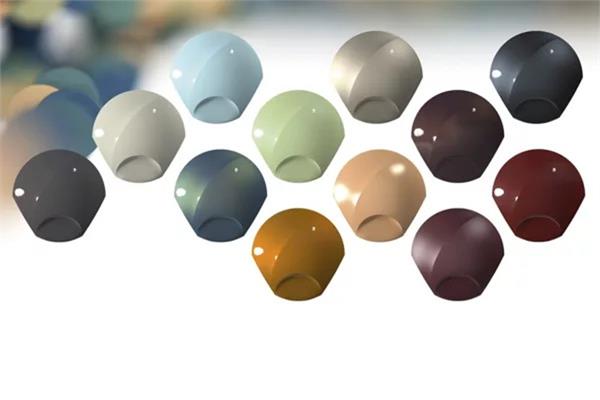
Chemical firm BASF has separated its coatings segment into an independent entity valued at €7.7 billion (£6.7 billion). Private equity firm Carlyle, in collaboration with Qatar Investment Authority, is acquiring a 60% stake in the new company, while BASF retains a 40% interest.
The division encompasses automotive coatings, automotive refinish coatings, and surface treatment sectors. This action follows BASF’s $1.15 billion (£855 million) divestiture of its Brazilian decorative coatings business to Sherwin-Williams in February of this year.
“Coatings faced fierce competition from other global contenders,” states market analyst Joshua Aguilar from the investment research firm Morningstar. “Carlyle was likely seen as a preferable owner,” he adds, noting that BASF’s 40% share allows it to benefit during periods when the cyclical business shows higher profitability.
This initiative is part of a strategic transformation launched in 2024 that integrates cost-reduction strategies and an increased emphasis on cash generation, pivoting towards BASF’s central operations in chemicals, materials, industrials, and nutrition.
BASF indicated it would create value by spinning off battery materials, coatings, catalysts, and agrochemicals (although it recently noted that it would hold onto environmental catalysts and metal solutions for an extended period).
“There are purchasers ready to invest substantial amounts for various assets that investors have frequently overlooked at BASF, including its coatings division,” asserts Sebastian Bray, head of chemicals research at investment bank Berenberg. “The market tends to interpret lack of focus and excessive diversification in chemicals as unfavorable,” observes Aguilar.
In the meantime, BASF is channeling nearly €10 billion into an integrated ‘Verbund’ production site in southeastern China. While crucial for its future profitability, “that investment comes with a heightened level of risk due to the slowdown in China and market oversupply, particularly amid geopolitical tensions,” as noted by Aguilar.
Chemical manufacturing in Europe has faced challenges due to a loss of inexpensive Russian natural gas following the Ukraine invasion. This has adversely affected competitiveness, notably in commodity petrochemicals. In July, BASF reported second-quarter net earnings of €79 million, nearly 82% lower compared to the same timeframe in 2024.
China’s acceleration in petrochemical production is pressuring manufacturing in other areas. “Commodity chemicals are characterized by very high fixed costs, so even minor fluctuations in production can significantly affect profitability,” states Seth Goldstein, a chemical equity analyst at Morningstar.
Chemical companies, including BASF, have responded to decreased demand and surplus supply by implementing cost reductions. Earlier this year, the firm indicated it was on track to lower its annual expenses by €2.1 billion from 2024 levels by the conclusion of 2026.
Speciality chemicals are generally more shielded from supply and demand volatility compared to commodities, with energy contributing less to their overall costs. Europe maintains a considerable presence, supplying consumer goods and the automotive industry. “Within the speciality chemicals sector, European manufacturers should be able to weather the downturn. As demand normalizes, they are likely to recover,” comments Goldstein.
The downturn in the chemical industry is further intensified by global trade disputes. The major effect stems not directly from US tariffs but rather from consumer goods companies contemplating production relocations and uncertainties over demand for exports to the US. “Uncertainty is driving many major chemical companies’ clients to scale back production,” Goldstein notes. Nonetheless, long-term investments in capacity expansion and R&D for new products in speciality chemicals continue, he points out.
“Specialities have performed relatively better, but they are not immune to economic challenges,” Bray remarks. “Certain specialities are experiencing increased competition from China, particularly in engineering polymers, but overall the entire chemical industry is facing difficulties.”
Bray anticipates that significant improvement may not occur until the late 2020s. “Tariffs are impacting demand for industrial products, including chemicals. If demand increases slowly, it will take longer to absorb the existing capacity,” he cautions.